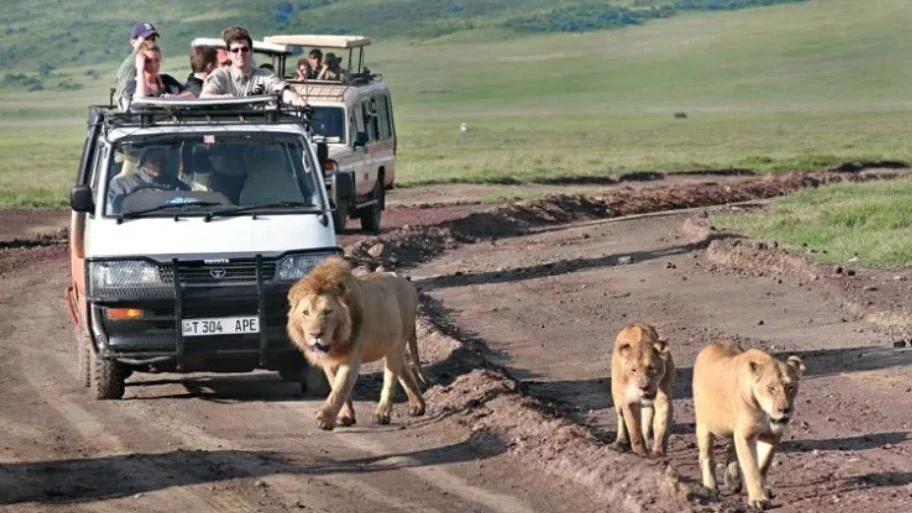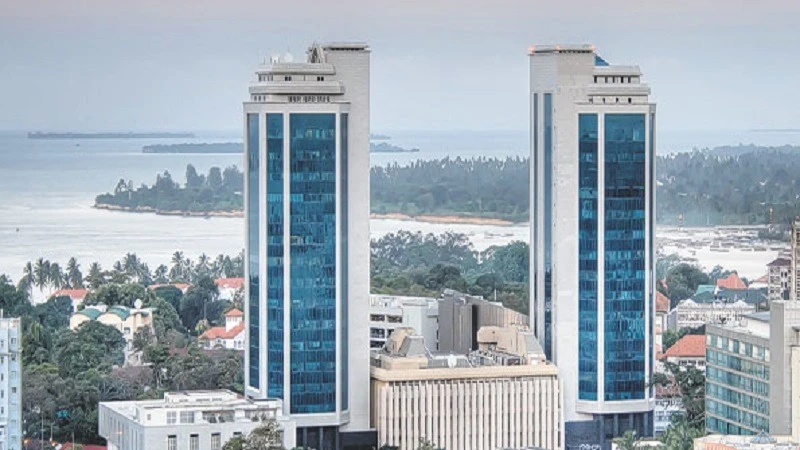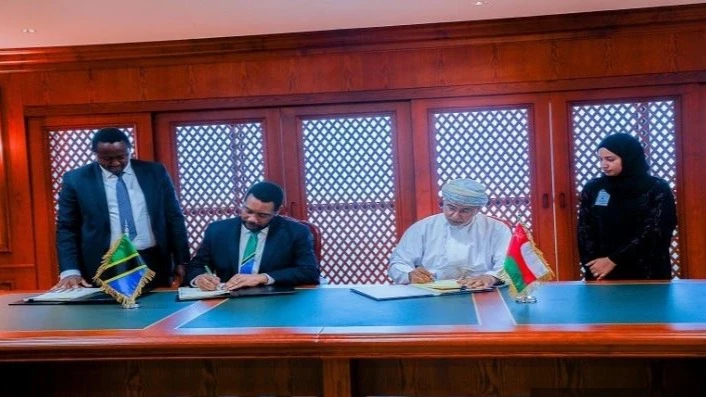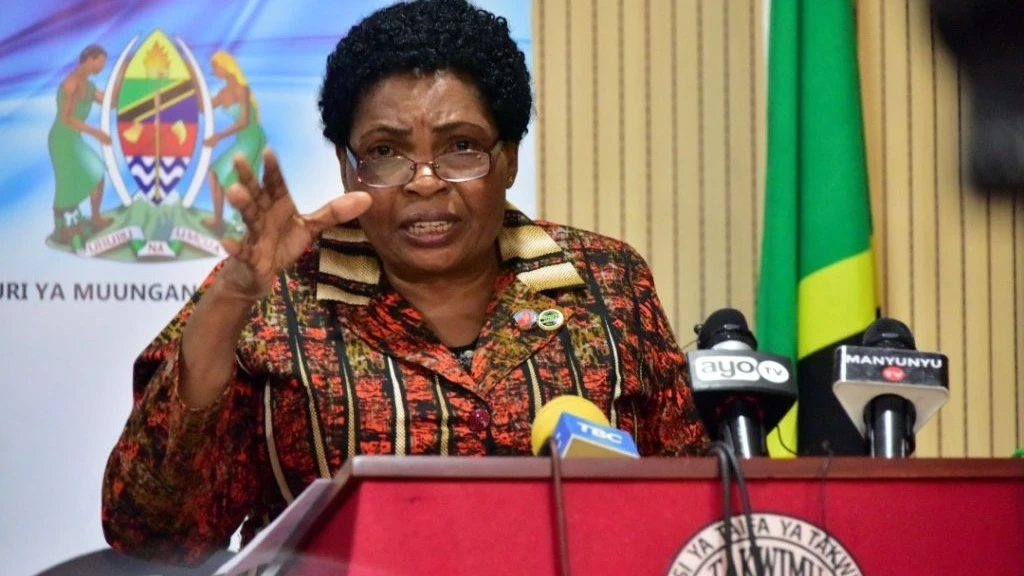Tourism stakeholders would do better in diversifying, branding of attractions

LATEST reports say that tourism stakeholders and environmental activists, with the participation of the Natural Resources and Tourism ministry, are organising what is said to be a ground-breaking tourism policy reform summit.
Some clear ideas are being floated but they are hardly deep enough as the event takes the public sector as it is, basically represented by the ministry and the tourism board, to talk about taxes, regulations and compliance.
Thus, describing kind of convivial discussion as reform where it is wished that the government relaxes its controls as reform may be too optimistic.
The key organisers are the Tourism Confederation of Tanzania (TCT) working with an activist group known as Environment Now, linked up with the ministry to organise an event under the theme: ‘Blue and green: Making the most of Tanzania’s coast and hinterland ecosystems’.
What doesn’t appear to have been realised by the organisers to put that idea in the stakeholder summit is diversifying the product on the basis not just of natural endowments as at present but in the offer, and targeted market. That would have to require specialised investor-managements, not uniform state entities.
The focus on the part of organisers was noticeably different and rather thin on explicit preliminary vision of what needs to be done, when stakeholders meet in Dar es Salaam on Thursday and Friday.
There is no doubt that the limited suggestions on sustainable tourism are largely aligning with the envisaged development goals of the national Vision 2050, but the more substantial issue is competitive tourism.
Tanzania boasts more than 20 national parks as well as a plethora of game reserves and wildlife controlled areas, while there are countries with a slice of what we offer but they get many more tourists than we do.
The key issue is that we offer more of the same from one part of the country’s attractions to the other, and many of the differences there may be arise more from natural events and landscapes like the Serengeti wildebeest migration vs the tree climbing lions of the Manyara, etc.
There are hunting paradise areas like the Selous Game Reserve much of which was sliced out to create a new national park in the past decade, and to many people it was but a mere change in status rather than in business prospects.
It is hard to figure out what is gained by routine palavers where public and private sector institutions and various entities get a platform for discussing strategies to enhance tourism as an industry.
They are merely reminded that they need to ensure that sustainability, environmental protection and socio-economic growth are at the heart of the discussion instead of looking at the various interests.
New ideas best arise from actual reform where wide-ranging investment opportunities arise, while stakeholders appear to be poised to hold a tax and regulations summit.
A rallying formulation provides a glimpse into the mindset – that, with the country’s rich natural landscapes like the coastal areas and hinterlands, the event will focus on exploring sustainable approaches to the development of tourism.
The idea is that such ways or methods preserve the environment and drive economic growth – a placid formulation, as the tourism industry is just recovering from pre-pandemic growth rates, not doing more.
It is part of the wider atmosphere where local decision-makers and their international colleagues are fully anchored into predominance of the public sector as a basic perspective, just seeking to tidy up a few regulations.
Top Headlines
© 2024 IPPMEDIA.COM. ALL RIGHTS RESERVED

















